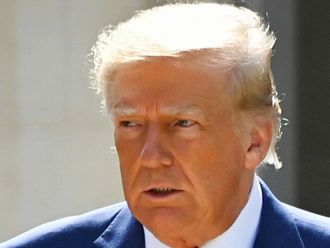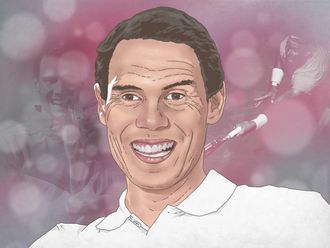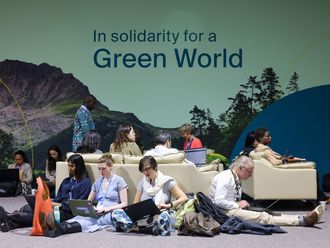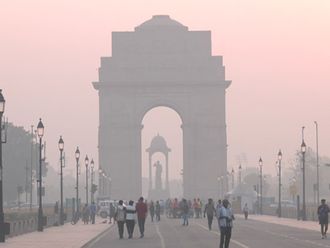
As COP29 gets underway in Baku, the global climate movement is once again under the spotlight. The summit opened to some turbulence as delegates sparred over the agenda, but soon after, countries managed a major first step: they approved UN standards for international carbon markets. With these standards in place, countries can now trade carbon credits in a structured, UN-backed marketplace — a big move toward meeting climate targets and an early victory for the summit.
One country that’s really standing out in all this is the UAE. Fresh off the COP28 summit, the UAE has brought renewed energy and ambition to COP29. Over the past year, the UAE’s leadership has earned it a reputation as a unifying force on climate issues. The “UAE Consensus” last year pushed for global unity to limit warming to 1.5°C, setting the tone for this year’s conference.
The UAE is championing the ‘Global Climate Finance Framework.’ This is a real attempt to bridge the gap in climate funding and making sure countries in the Global South get the resources they need to tackle and adapt to climate change. The UAE’s leadership on this issue feels timely and crucial, especially as many developing nations bear the brunt of climate-related disasters with limited resources to protect their communities.
COP29: Making strides
Yet, there’s some political uncertainty clouding this year’s talks. With Donald Trump’s recent US election win, there are real concerns about how committed America will be to climate agreements in the coming years. Trump’s stance on climate change has been dismissive at best, and his return could mean a pullback on the very commitments this summit is trying to strengthen.
Nonetheless, COP29 is making strides. The approval of quality standards for carbon credits, with support from the UAE, is a key step in creating a UN-backed carbon market that could have real impacts on global emissions. But these carbon markets can’t be mere formalities; they need to function as genuine mechanisms to curb emissions rather than just buying time for heavy polluters.
The UAE’s push for increased climate finance to support vulnerable countries is necessary. But for COP29 to truly deliver, other wealthy nations must also follow suit, committing tangible financial resources to these communities. For too long, the global climate conversation has leant on lofty pledges without the funding to match, and this summit can’t afford to continue that pattern.
The coming days will tell us a lot about where we’re headed on climate action. The UAE’s efforts to drive real, equitable solutions are already setting a hopeful tone. If COP29 can build on this, it might mark a significant shift toward meaningful, practical climate outcomes — a future where every pledge counts and each country feels the weight of responsibility.
Ahmad Nazir is a UAE based freelance writer, with a degree in education from the Université de Montpellier in Southern France











